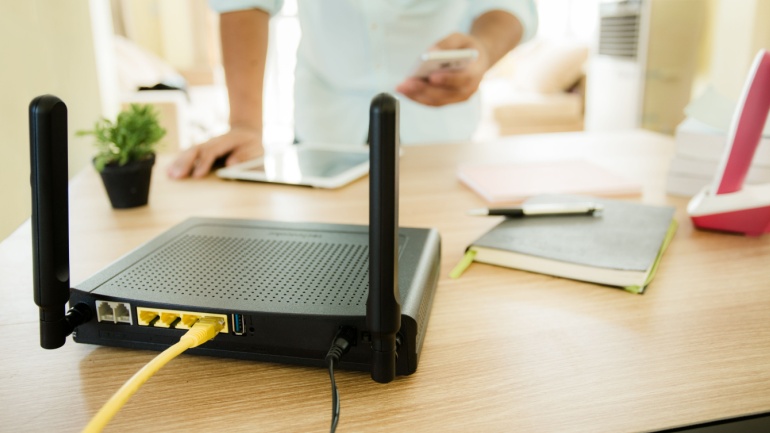The Affordable Connectivity Program (ACP), a lifeline for millions of low-income Americans struggling to afford internet access, has officially shut down. Despite bipartisan support, Congress failed to secure additional funding, leaving the future of the program uncertain.
Deutsche Telekom has emerged as the latest European telecommunications giant to report robust financial results for the first quarter of 2024. The German incumbent witnessed notable increases in revenue, earnings, and net profit, propelled by a surge in its European operations. The company’s performance underscores a positive growth trajectory amidst a competitive telecom landscape.
Telecommunications operators are increasingly turning to satellite technology to expand 5G coverage, particularly in rural regions, as indicated by new data from the Global mobile Suppliers Association (GSA). However, despite a rising number of partnerships and commercial launches, the market’s growth is slower than anticipated.
The lapse of the Federal Communications Commission’s (FCC) authority to auction spectrum has reached a one-year milestone, casting a shadow over the United States’ telecommunications landscape and its position on the global stage. This standstill not only reflects the pervasive partisanship and dysfunction within the US government but also threatens the country’s innovative edge and economic competitiveness.
Telecom News | Week #44: T Challenge, End of Vodafone Spain, Nokia’s Technology Strategy 2030, Samsung and O2 testing vRAN.
SpaceX’s Starlink is paving the way for direct-to-mobile services, thanks to a progressive partnership with T-Mobile. Going beyond termianls, the ambitious endeavor could allow unmodified smartphones to directly connect with satellites. Beginning with text messaging in 2024, comprehensive voice and data services are slated to follow in 2025. However, AT&T and the Rural Wireless Association express concerns about possible interference with commercial networks, prompting fierce debate over the fine lines of regulatory procedures.
Telecom equipment expenditure in North America experienced an unexpected downturn in the first half of this year. Despite global telecom hardware revenues remaining steady, North America’s marked decline significantly impacted the total number. In contrast, other markets, particularly Asia-Pacific, showed robust growth. The reasons behind North America’s decline extend to slowing 5G expenditure and reduced spending on broadband access equipment. Looking ahead, no major global alterations are anticipated, though the volatility of the telecom industry hints at potential changes.
The intriguing merger between Dish Network and EchoStar creates a powerful entity in wireless connectivity, poised to lead in both terrestrial and non-terrestrial realms. Fusing Dish’s comprehensive services with EchoStar’s satellite solutions promises robust connectivity options, utilizing a vast array of technology and expertise. Yet, beyond the marriage of technology, the merger is primarily a tale of economic survival and growth. The incorporation of EchoStar’s financial stability into Dish’s uncertainty may just be the lifeline
Dish Wireless, through its Boost Mobile branch, is courting Amazon Prime users with discounted SIM kits for its postpaid Infinite Unlimited plan. The flat rate monthly service promises unlimited connectivity, but with potential speed limits for heavy data users. However, the lack of compatible devices and reliance on AT&T and T-Mobile’s networks pose noteworthy challenges, dampen the impact of the partnership, and call into question its ability to significantly boost Dish’s customer base.
Speculations are intensifying concerning a potential merge between Dish Network and EchoStar. Recent developments fuel questions about the strategic motivations behind this corporate ‘re-marriage’. Despite Dish’s financial burdens and shrinking customer base, it’s making strides in mobile network expansion, while EchoStar’s strong financial standing and plans for a global 5G network radiate growth.













